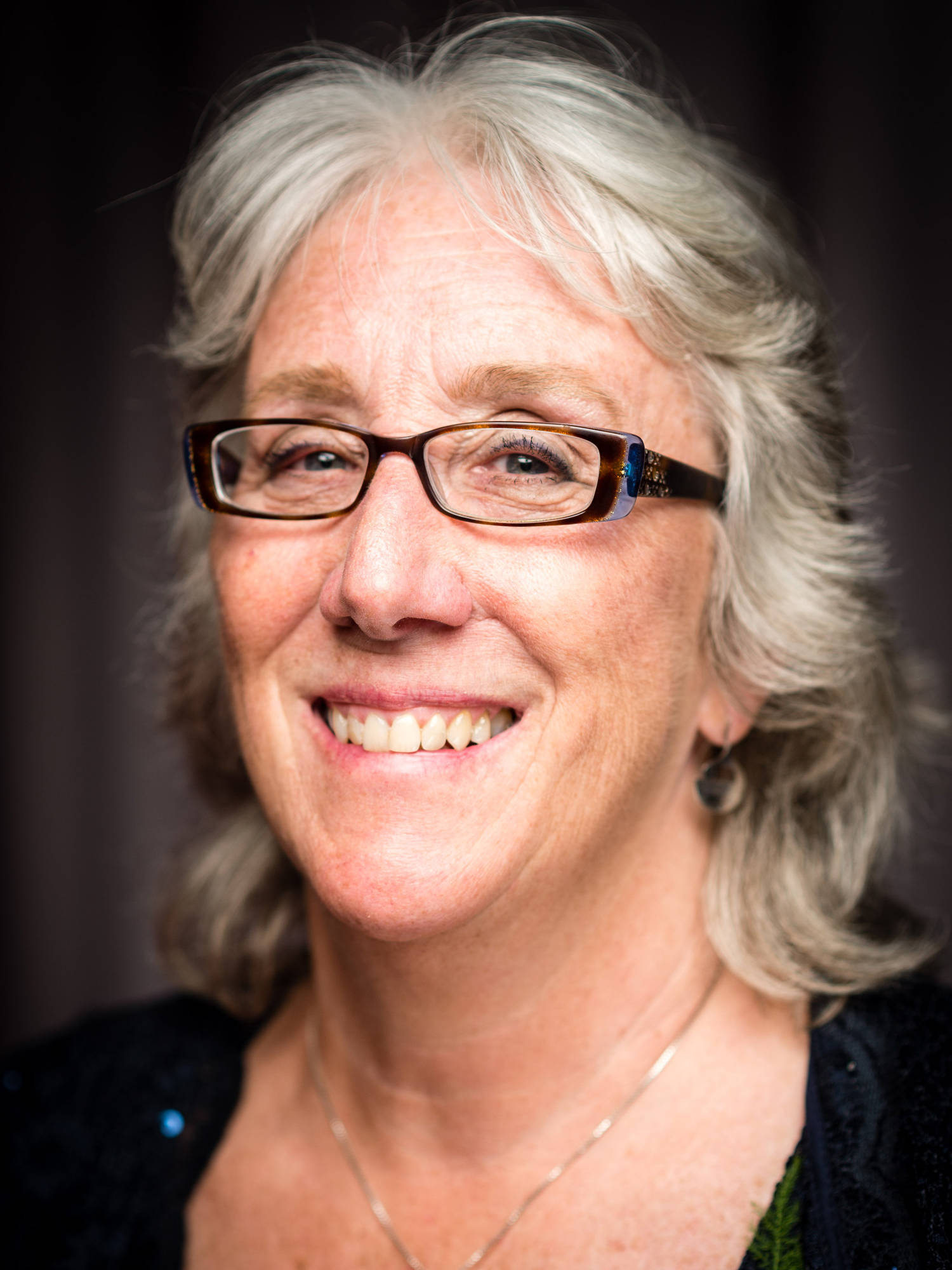If the Board of Trustees for the Permanent Fund continues to ignore a changing investment world and instead chooses to remain in declining oil stocks out of loyalty to the oil and gas presence in Alaska, then your PFD may ultimately need another kind of PFD, a Personal Flotation Device. We aren’t there yet, but recent actions suggest that the board would rather stay on a path of losing millions in fossil fuel investments instead of using a good governance investment strategy that consistently yields higher returns.
As noted in an opinion column by Charles Wohlforth, on May 23 the Board of Trustees heard from investment experts how funds that account for long-term impacts on society, i.e. climate change and employee fairness practices, outperform those funds that ignore such considerations. At this meeting the board learned that 80 percent of the funds trading on Wall Street use good governance criteria in making their investment decisions. Furthermore, they learned that from 2012 to 2016, these funds consistently outperformed funds that ignored issues like climate change. Nonetheless, the board punted on the request by 400 Alaskan petitioners to use these criteria.
Why? According to Tim Bradner, a long-time reporter on oil and gas matters, “The Board is worried that anything that smacks of a fossil fuel divestiture policy would be seen as an unfriendly gesture toward the industry at a time when Alaska is courting new investment by companies on the North Slope and the Cook Inlet.”
Bradner’s assessment is confirmed by follow-up statements made by Willian Moran, board chair, and Angela Rodell, CEO of the Permanent Fund Corporation. In a letter sent to former University of Alaska Professor Rick Steiner, they wrote, “We are relying on the continued investment of these [fossil fuel] companies to sustain our oil production and our state’s economy and revenues and the oil royalties that flow to the Permanent Fund.”
They say this despite knowing that, due to poor performance, the amount of fund holdings in oil and gas companies is down by more than half since 2011. When Steiner pointed this out, Moran and Rodell replied in the letter, “While the current trend suggests the Fund may not be invested in such companies five to ten years from now, we intend to let our process drive that decision rather than abruptly divesting from such companies today.”
As a result of this laissez-faire approach, the fund still has $1.6 billion invested in fossil fuels. “The Fund has indeed been quietly divesting fossil fuels, and the remaining investments have lost a lot of value,” says Steiner. “We urge the Fund to cut its losses, and fully divest this year rather than prolong the financial bleeding another decade.”
Instead of stopping the bleeding, Moran and Rodell, reply, “We invest in companies, not causes.” They say this without blinking an eye toward the hypocrisy that staying with oil and gas out of loyalty to their presence in Alaska is indeed a cause as well.
How much more bleeding for big oil must Alaskans withstand? First, we gave away over $2 billion in tax credits at a time our state couldn’t afford it. Next, we have a bonding plan (a plan that passes debt to the younger generation) to pay off these tax credits. Now the Permanent Fund Board wants to continue losing millions, perhaps billions, just to demonstrate our loyalty to the fossil fuel industry in Alaska? Norway’s $1 trillion Sovereign Wealth Fund (also built on oil royalties) does not do this. Instead it is making a concerted effort to divest from fossil fuels and re-direct investments toward more profitable renewable energy projects. And guess what? Oil companies remain interested in Norway.
Adding injury to insult, the board’s losing investment strategy of loyalty is occurring when we’re relying on the earnings of the Permanent Fund to fill the State of Alaska’s budget gap and cutting the amount of our annual PFD. Because I have sufficient income, I don’t mind my PFD becoming part of the budget solution, but I abhor the hypocrisy and unfairness of our continued efforts to give a free ride to big oil. Alaskans, beware. This “free ride” attitude now extends to the management of Alaska’s Permanent Fund.
• Kate Troll is a former Juneau Assembly member with 22 years experience in climate and energy, fisheries and coastal management policy. She is the author of “The Great Unconformity: Reflections on Hope in an Imperiled World.”

